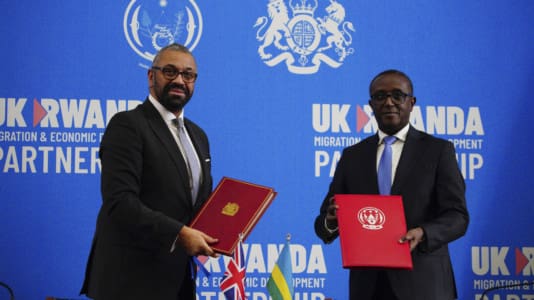Spain, which is currently serving as president of the Council of the European Union, is keen to push through its proposal that the EU could finance Ukraine from the profits generated by frozen Russian funds. However, the European Central Bank (ECB) and several member states, including France and Germany, have serious doubts about the plan.
As the EU summit approaches, tensions are mounting over a Spanish proposal that the EU should use profits from frozen Russian money to finance reconstruction in Ukraine.
At the EU summit at the end of October, member states blamed Russia for the damage caused by the war and said that there was a need to examine how Russian assets frozen in EU banks could be used to rebuild Ukraine.
The possibility has been under consideration for months, but several member states, including Germany and France, are skeptical, not to mention Belgium, where most of the frozen Russian money is held.
In addition, the ECB fears the move would upset financial markets and weaken the euro’s position as a reserve currency.
A new round of the debate took place at a meeting of EU ambassadors on Tuesday evening, where the Spanish presidency wanted to push the proposal through. They calculate that some €15-17 billion of Russian money could be spent on Ukraine by 2027 — effectively as much as the EU has earmarked for the country over that period.
However, according to anonymous sources quoted by Politico, it is difficult to understand where Madrid’s figures come from, and it could take months or even years for the money to reach Ukraine, which is in dire need of immediate help.
Others say the Spanish did not take into account the public mood in the EU when drafting the proposal.
“For many countries, this is not an acceptable basis for negotiation at the Dec. 14-15 summit of EU leaders,” one diplomat said.
However, while the EU is cautious on the issue of frozen Russian funds, Canada has taken action and is already working on legislation. As Canadian Foreign Affairs Minister Melanie Joly said, her country will be the first G7 country to authorize such asset forfeiture and suggested that allies should follow suit.





